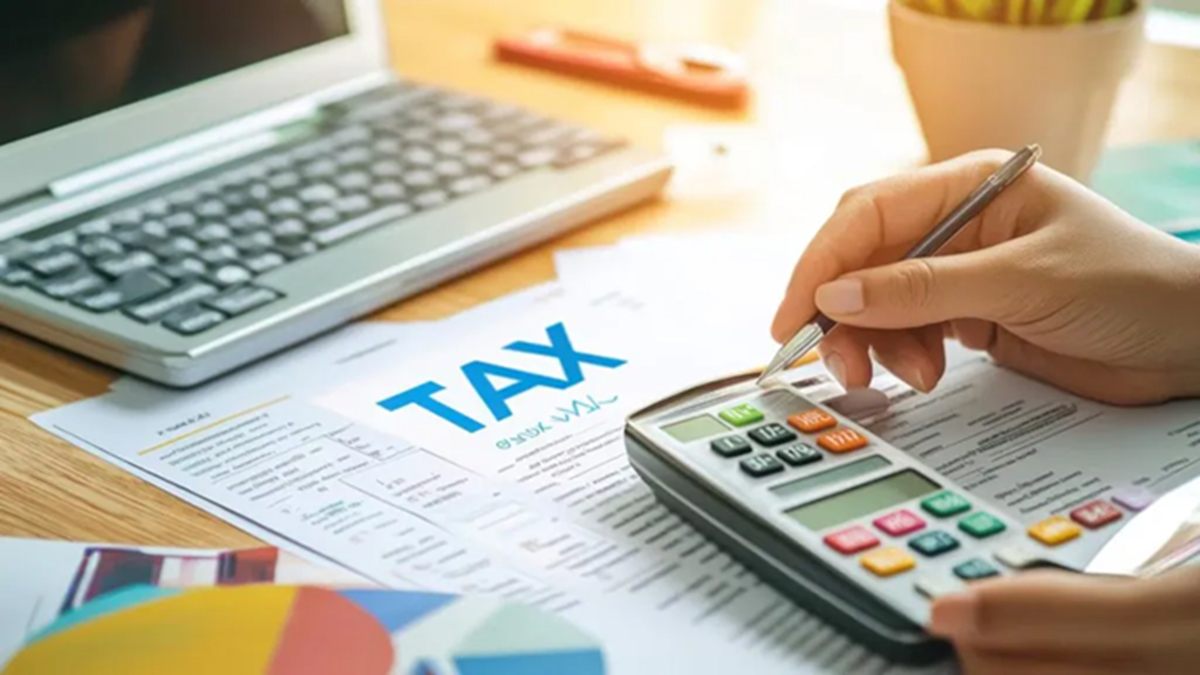 NEW DELHI, May 4: NEW DELHI, May 4:
Agencies
The CBDT has directed income-tax officials to “closely” monitor top advance tax payers and identify bogus claims of exemptions and deductions as part of the strategy to improve direct tax collections during the current financial year.
Official sources said that the Central Board of Direct Taxes, the policy-making body for the department, had recently issued the central action plan (CAP) for 2025-26 that acts as the guiding light to steer ‘key performance areas’ for the department vis-a-vis revenue collection work.
The Union government has set a target of Rs 25.20 lakh crore for the I-T department under the direct taxes head for the current fiscal, as per the Budget estimates presented in February.
The sum consists of Rs 10,82,000 crore under the corporate tax head, Rs 13,60,000 crore under non-corporate taxes that includes personal income tax and others, and Rs 78,000 crore from securities transaction tax (STT).
The net direct tax collection for the 2024-25 FY narrowly missed the target, growing 13.57 per cent to over Rs 22.26 lakh crore, owing to issuance of the highest-ever amount of refunds issued, official data revealed.
The government had set a target of Rs 22,07,000 crore for the direct tax administration as per the budget receipt of July 2024 and revised it to Rs 22,37,000 crore during the budget presented in February.
The CAP has suggested the I-T department undertake a “sectoral analysis” for better tax collection by addressing “negative” trends of tax payments, a source said.
The plan has also sought “close” monitoring of top advance tax payers, including individuals and companies, and “encourage” them to reassess their advance tax liabilities if required, the person said.
Advance tax is the tax amount paid in advance through instalments in a financial year. It facilitates smooth tax collection for the government while preventing taxpayers from a lump sum tax burden at the year-end.
The department has also been asked to “identify” incorrect claims of exemptions and deductions that lead to loss of genuine revenue, the source said.
The CAP also recommended “profiling” of certain districts or regions for net positive or negative revenues and in cases where the revenue is not up to the mark, to take “suitable action.”
The department has been asked to place “special emphasis” on collecting arrear and current demand and take action in case of “non-compliant” tax payers.
It has also been asked to focus on collection of tax demand confirmed by the office of Commissioner of Income Tax (Appeals), the first appellate mechanism in the direct tax system available to taxpayers followed by various courts, high courts and the Supreme Court.
According to the official data, the CIT (Appeals) confirmed demands worth Rs 1.95 lakh crore in the 2024-25 fiscal and the assessing officers have been asked to make “all possible” efforts to collect this revenue within the current financial year.
The CAP has also asked the tax department to conduct “outreach” programmes and enhance awareness among the taxpayers about correct claims for deductions and exemptions, and also educate them on filing updated Income Tax Returns — a provision that allows a certain period of time to those who missed reporting correct income, the source said.
These efforts stand to “potentially” result in significant increase in taxpayers opting for the new tax regime, where no deductions or exemptions are allowed against a flat rate of tax, thus reducing the misuse of deductions, the source said.
The tax department has also been asked to issue “prompt” refunds so that interest payments and “negative impact” on the overall Budget can be “avoided.”
The department, as per data, issued the highest-ever refunds, Rs 4,76,743 crore, during the 2024-25 fiscal — an increase of 26.04 per cent as compared to the Rs 3,78,255 crore issued in refunds during the 2023-24 fiscal.
The action plan also underlined the “steep rise” in arrear demands and has said that this remains a “focus” area for the department. It said that the arrear demand at present stands at Rs 48,17,763 crore and the epartment should make efforts to reduce the number to a “manageable” level. |
